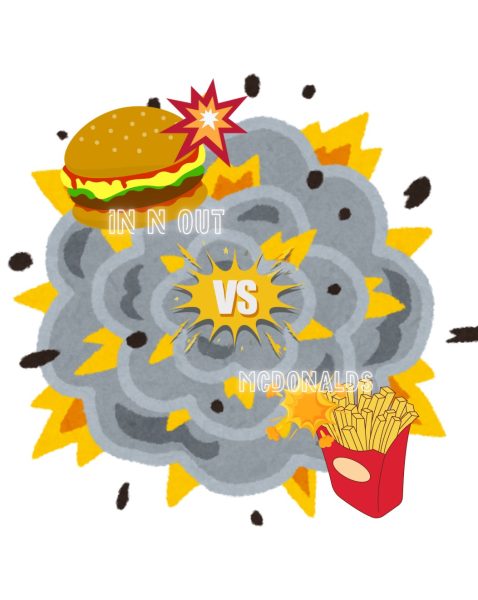“I look good!” The narcissism that is overshadowing self-esteem
“Those darn millennials!”
The older we get, the higher we increase the blood pressures of the generation before us. Our views are no longer “traditional,” and we have been raised in an immensely progressive and technologically-advanced era, where constant change and growth has established the norm. Traditional just can’t cut it anymore.
I am proud to be a part of a generation that encourages individuality and novelty. Though our youth can be perceived as idealistic and ignorant at times, there is an awareness encompassing the importance of self-love, self-care and self-respect that is refreshing.
We live in a time that, in accordance to the pursuit of success, one must often balance intense classes, an array of time-consuming extracurriculars as well as a job to support their endeavors towards a stable future. Because of this, it is incredibly easy to fall into the dictatorship of a schedule, and the little things in life can be forgotten, such as mental, emotional and physical self-care. Taking time to recognize your worth in a world that seems relentlessly aggressive, to see the beauty in your body in a society that pushes perfection, to cultivate a sense of self-worth in the midst of mistakes and faults, this is what we are learning to do, and it’s a beautiful movement.
However, when the idea of “self-worth” begins to exceed the worth of others, an attitude adjustment must be executed, and the words “Millennials” and “narcissism” are becoming synonymous.
There’s a level of humility that is fading from our actions, and it’s becoming more and more prevalent in the ways we present ourselves.
Narcissism derives from a Greek tale about Narcissus, a handsome man who, upon gazing into a pool of water, fell in love with his own reflection. Today, narcissism is used to describe someone who arrogantly believes they are the prime subject this world was designed for. Or, in more academic terms, a person who loves themselves to the degree of blamelessness.
It is difficult to distinguish where healthy, empowering self-esteem begins to blend with narcissism. But in the most drastic of terms, self-esteem is the acceptance of one’s faults and learning to love oneself despite them. Narcissism is the continual manipulation of one’s environment and self to project an ideal façade to the world around them.
Everyone knows a friend who never studies for a test, spends all their time partying, then takes a test and blames the teacher for their failure. “If only this class wasn’t so unreasonable!” they say. Or perhaps you have a friend who always seems able to direct conversations toward oneself, or never seems to care to ask how your day went. These types of people can be exhausting to be around, and though you love them, the energy exerted to pacify their sub-conscious egos in flattery simply to maintain a friendship is draining.
But what could possibly be encouraging these grandiose traits? Social media, most commonly, is located at the top of the list. You are the judge of what you want to present to your thousands of followers, which is often narrowed to only the best aspects of your life. This silences the messy truths of our lives and encourages a cycle of emitting false projections to others in social media. How can we grow as a generation if no one acknowledges that which needs to be reformed?
Attention is admirable, but please, do not place your value into the hands of others. Self-confidence can only be achieved when you understand that even if people don’t see your potential, you will still shine.
So slay that selfie, feel beautiful, be you and embrace it. But do not rely on that selfie to feel beautiful. Recognize your own worth despite others, and learn to embrace self-love, rather than chase perfection.






